
On the back of a troubling performance in this year’s Corruption Perceptions Index, Professor Dan Hough, examines the UK’s perception of itself and its anti-corruption credentials, and draws some lessons from Everton’s unenviable descent to the English Premier League’s relegation zone.
Fans of English football will have noticed that a (relatively) new kid on the block is leading the way in the 2022-23 English Premier League (EPL) season. Arsenal, a team with a famous history and a global profile, have won English football’s top prize 13 times since it was first awarded (to Preston North End, seeing as you ask) in 1889. The last of those triumphs was nonetheless back in 2004 and few people expected the club to be putting that right in 2022-23. As the days draw longer, Arsenal are in a great place to do just that.
As January turned to February, another league table made (at least some) headlines. Transparency International’s Corruption Perceptions Index (CPI) was published on 31 January. As with the English Premier League, much of it was eminently predictable. It wouldn’t have taken much expertise to have predicted that the Nordic countries would do well just as even the most casual of observers would expect the likes of Manchester City, Newcastle United, Manchester United and Tottenham Hotspur to be fighting for spots representing England in next year’s European club competitions (Champions League, Europa League, Conference League).
At the bottom, it was a similar story. South Sudan (13 out of 100), Syria (13) and Somalia (12) come in with the worst scores on the CPI and whilst there’s been movement in some places – the likes of Ethiopia, Kenya and Tanzania have all made noticeable improvements through 2022 – the story is generally a sadly familiar one. No one was surprised that conflict-ridden places struggled to make improvements in terms of their CPI scores. Predicting which sides are going to be at the bottom of the EPL is perhaps more challenging, but the fact that Bournemouth and Nottingham Forest are in battles for their top flight survival won’t be a massive surprise to many. Some things really are quite predictable.
Context, momentum and planning
Why mention the CPI and mid-season positions in the English Premier League in the same breath? Football, much as is the case with fighting corruption, is often perceived to be about momentum. Get off to good start, have a clear idea of what you’re doing and the momentum can quickly begin to carry you forward. For two decades, Arsenal were the veritable country mile from being the best football side in England, yet Mikel Arteta, their young and talented coach, has carefully put together a squad and a plan that has been effective at helping him achieve his goals (i.e. winning football games). The experience of winning matches and knowing how to get through challenging situations (such as, say, an away game at your local rival, Tottenham Hotspur; Arsenal won 2-0 at the Tottenham Hotspur stadium on 15 January) has seen Arsenal develop a momentum that fans and opponents alike think might take them all the way to the league title in May.
If you’re going to get anti-corruption right then much of Arteta’s thinking – and the momentum you can generate as things start to change – travels well. Anti-corruption is understanding your context, it’s about bringing in (and empowering) actors to believe they can make a difference and it’s about being realistic in setting your goals and indeed working out how to achieve them. Anti-corruption activists, just like football managers, need to live in the world of the doable, not in a fantasy parallel universe where they can do whatever they want whenever they want.
Arteta joined Arsenal in 2019; he didn’t immediately say that the club was going to win the league that year (read across to the anti-corruption actor who needs to be clear that eradicating corruption is just not feasible). He thought about where the club was, he worked out a plan, he developed a realistic strategy for getting there and he then began executing it. Only then does the momentum moving you towards positive outcomes really become evident.
The UK and the wish to be Arsenal
That’s all well and good, but there is another angle on Arsenal’s path to success and indeed on the reasons that others might fail to emulate them. And it is not perhaps a story that too many in Whitehall’s corridors of power will like embracing.
If you listen to many of the cheerleaders in and around the UK’s Conservative Party then they’d like you to believe that in terms of trying to tackle corruption the UK has much in common with the current premier league leaders. The UK’s anti-corruption thinking looks on the surface like it is pretty well-organised. The country has an anti-corruption plan and indeed an anti-corruption strategy. It’s frequently talked a good game, whether that be in the form of bringing in powerful bits of legislation (i.e. UK Bribery Act in 2010), hosting an international anti-corruption summit in 2016, or in actively trying to think about how to tackle money laundering. The UK sees itself as sitting very much at the top table when it comes to leading the global anti-corruption drive and whilst there aren’t league titles to be won in anti-corruption, it’s not hard to imagine why, if pushed, Arsenal might be seen as a decent comparator.
Yet many outsiders looking in are more likely to see something very different. They won’t see Arsenal. They’ll see the talk and the action that’s come out of the UK and they won’t dismiss it out of hand, but they may well draw altogether different conclusions as to where the UK sits. The UK’s anti-corruption plan and indeed its anti-corruption strategy are now dated. Countless corruption and ethics-related scandals have befallen successive Conservative administrations. Enablers of corruption play outsized roles in helping some of the world’s worst people invest their money in the UK. Those outside anti-corruption observers may well, in other words, see much less the Arsenal here and much more of, say, Everton.
Everton are one of the grand old names of English football. The club is rich in history. It has been in the top flight of English football for 119 of the league’s 123 seasons. Everton have won the league title nine times and indeed have been successful on the European stage. Over many years they have been able to compete with the best and they subsequently have a name that still resonates the world over.
Yet Everton, much like the UK more broadly, have been poorly run for a number of years. They get through managers almost as quickly as the Conservative Party does Prime Ministers. Everton can and do spend large sums of money, but they often do so poorly and without any real strategic thought. There is plenty of actionism and little tangible strategic direction. Internally, their supporters protest loudly about things going wrong. There’s not much evidence that those at the top listen.
Everton currently they sit in the relegation zone of the EPL. The club hasn’t ended up in this perilous position on the back of a run of bad luck; complacency, mismanagement and an unwillingness to sort their deep-rooted problems out has, over a number of years, led to the club peering dangerously over the relegation precipe.
Everton may well soon find themselves out of the top flight and in the Championship, the second tier of English football. The UK, sitting 18th in the CPI at the moment, could also itself itself doing much the same thing; a country that suddenly wakes up to find that it’s in a new corruption reality that it spent too long trying not to recognise.
It’s not too late for either Everton or the UK to change things. But time is most certainly ticking. Quick fixes are only going to be one part of stabilising both ships. In terms of the need to fight corruption, that means the UK at least admitting that it is much less Arsenal and way more Everton than it perhaps cares to admit.



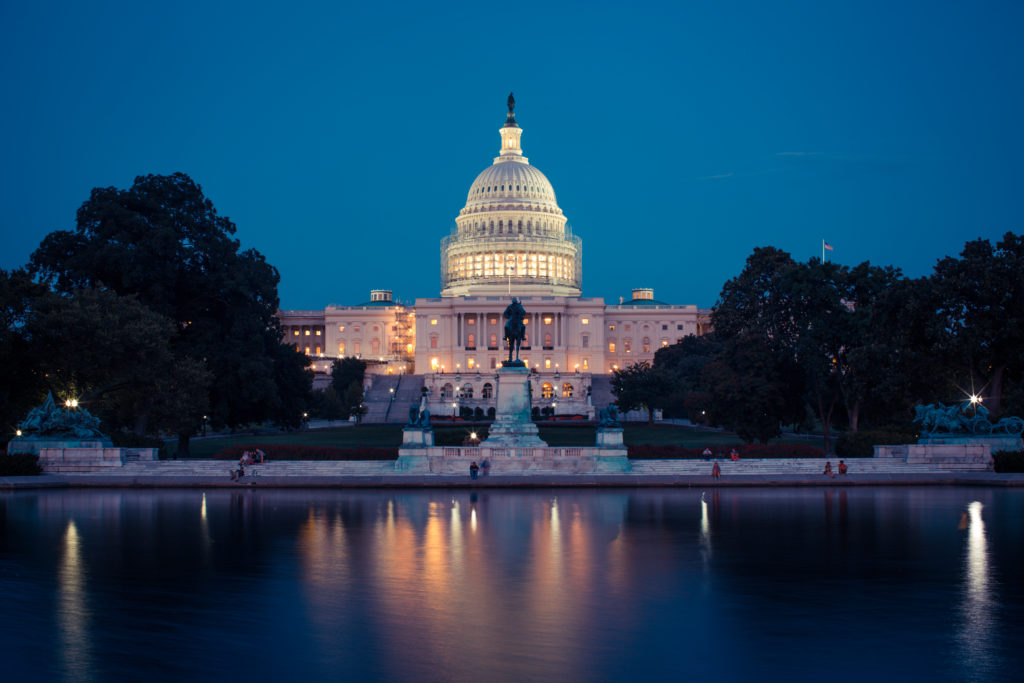

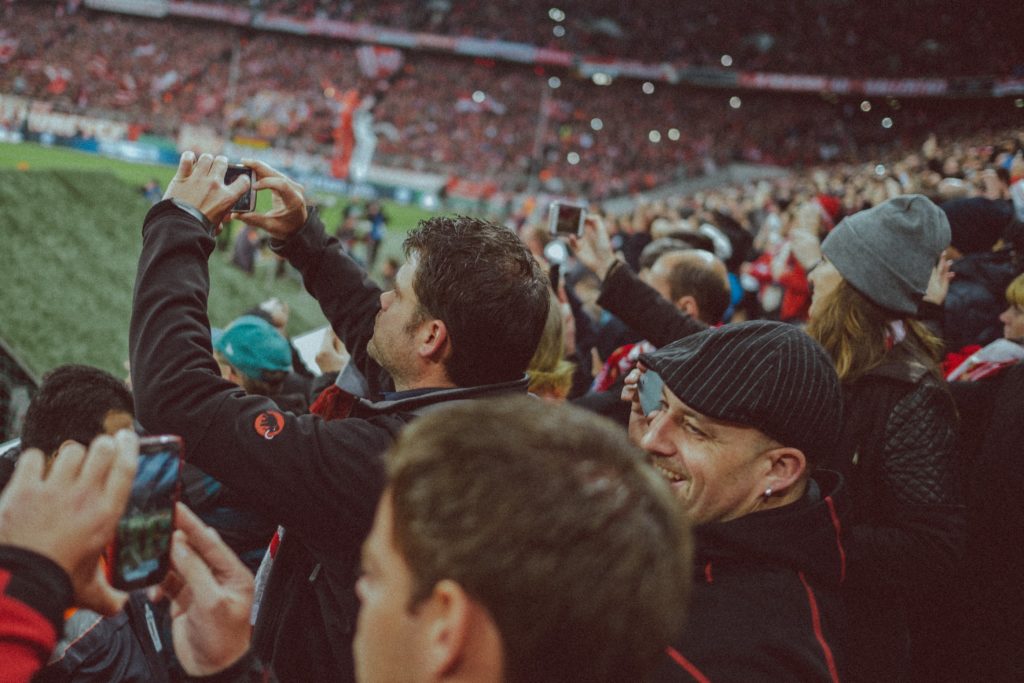
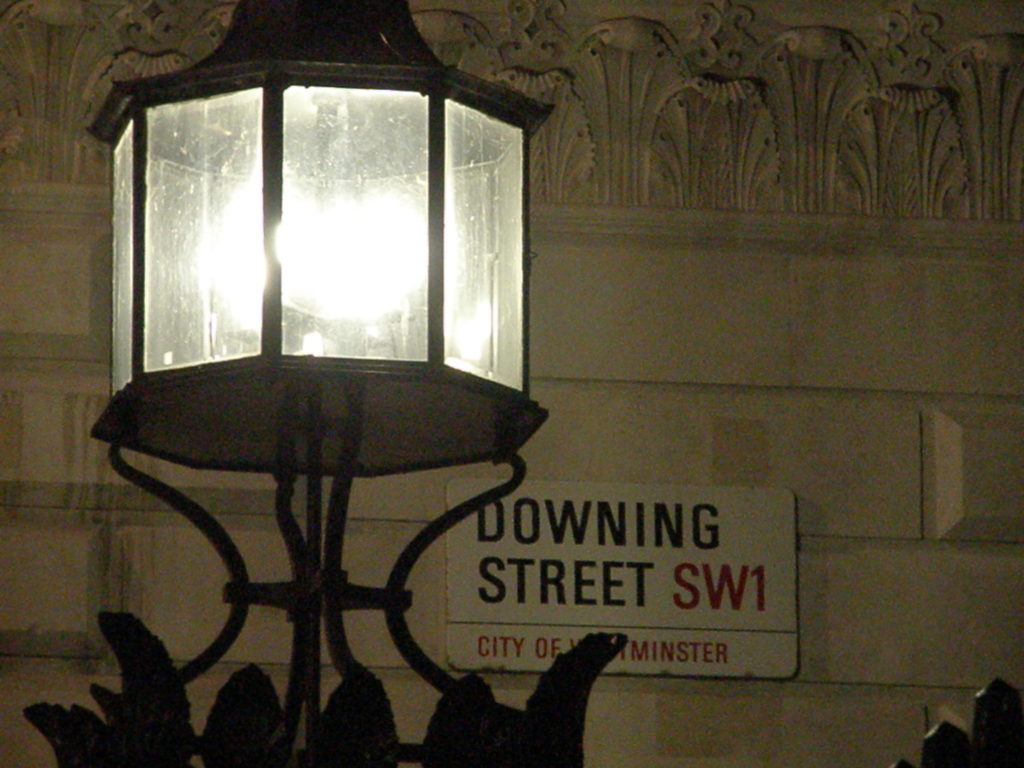
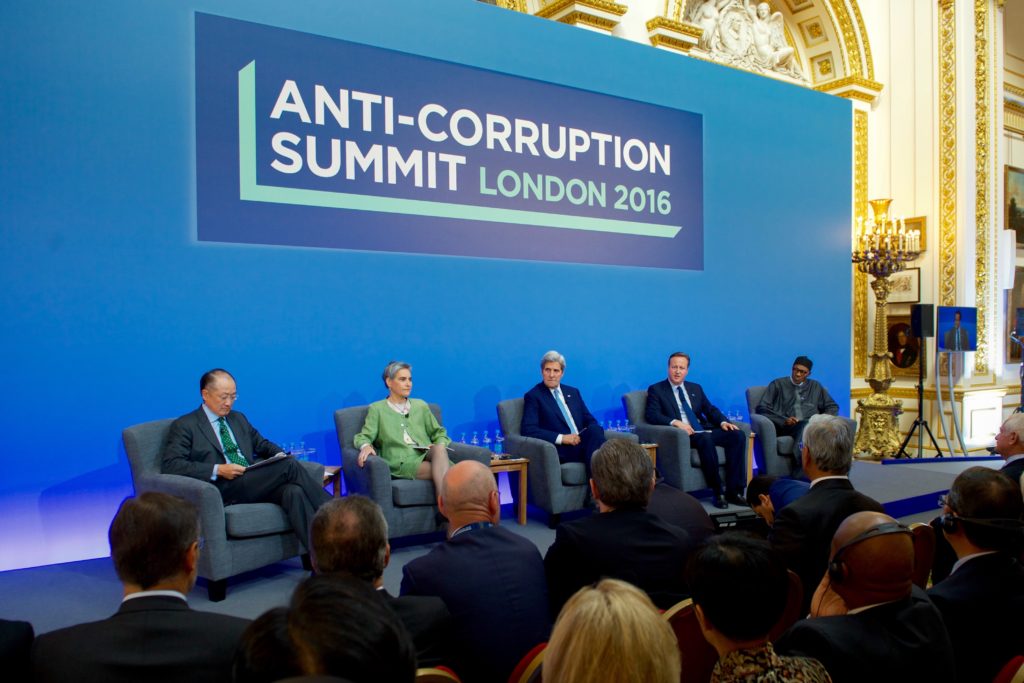
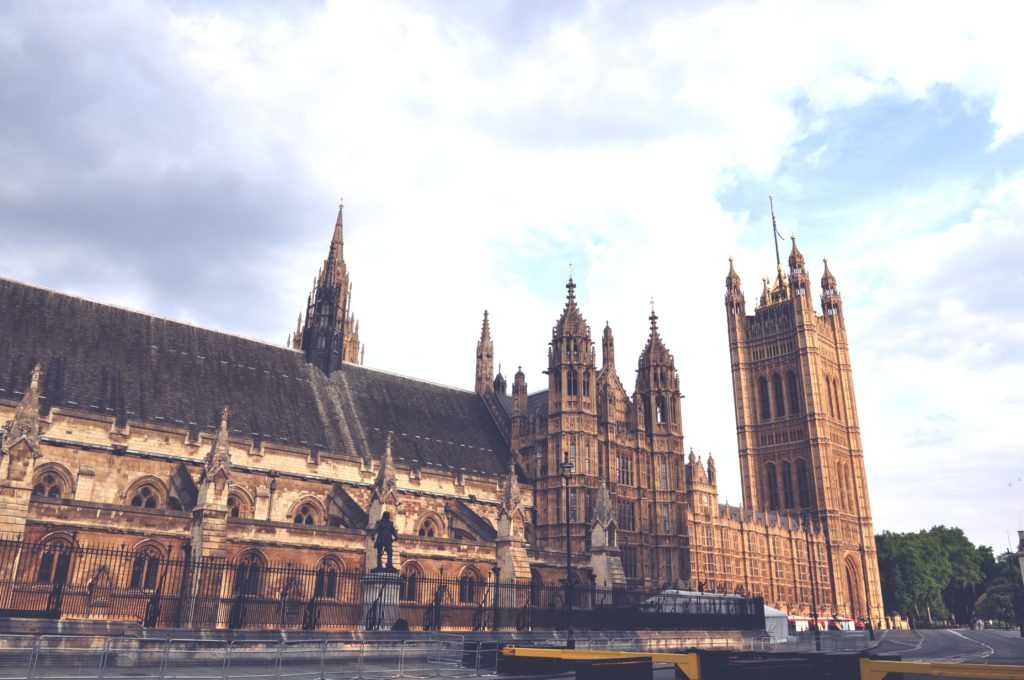

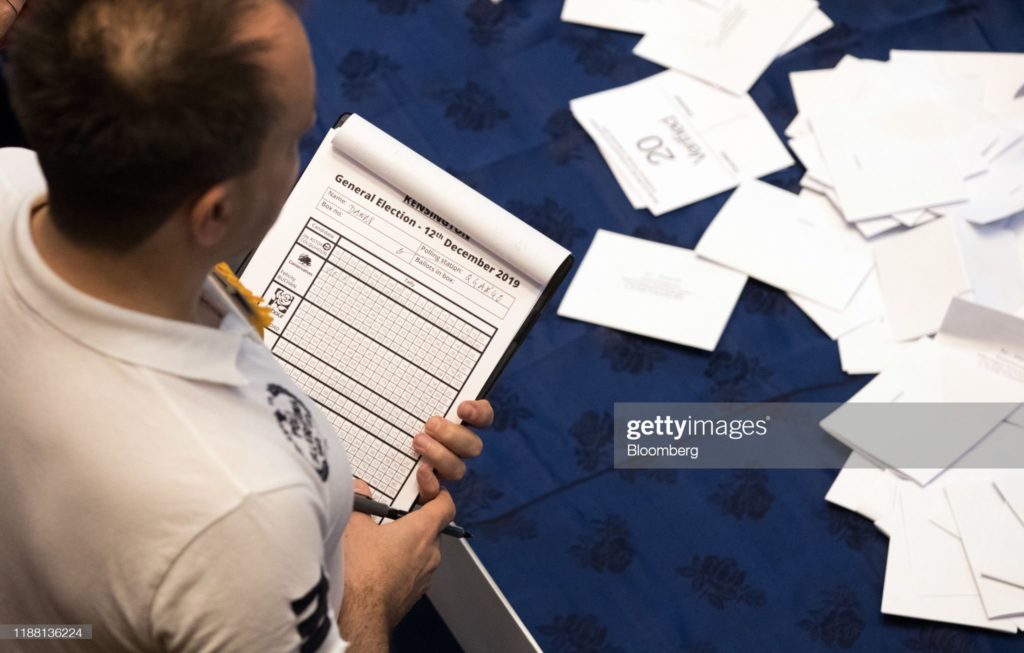
Recent Comments